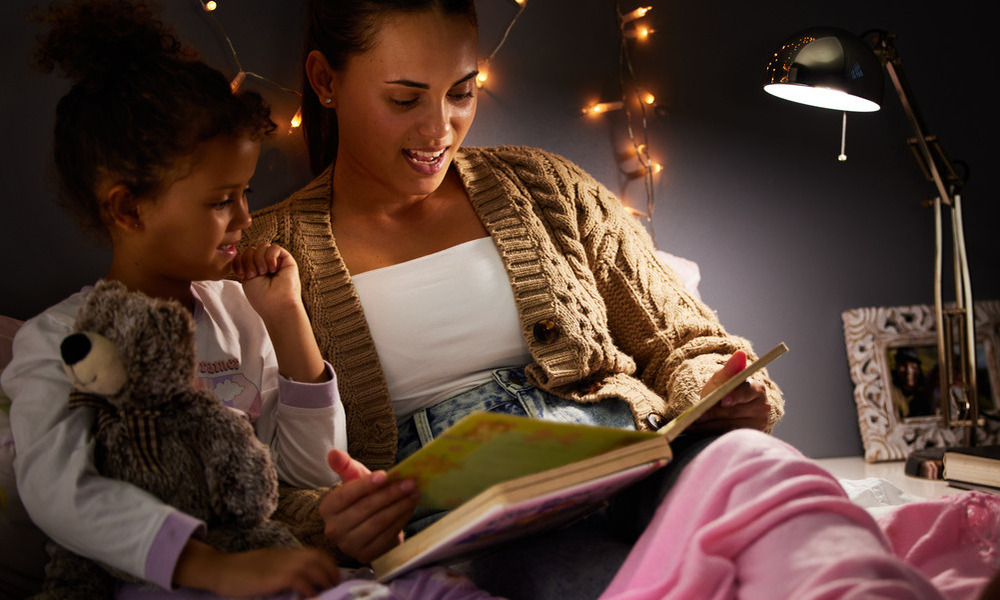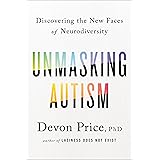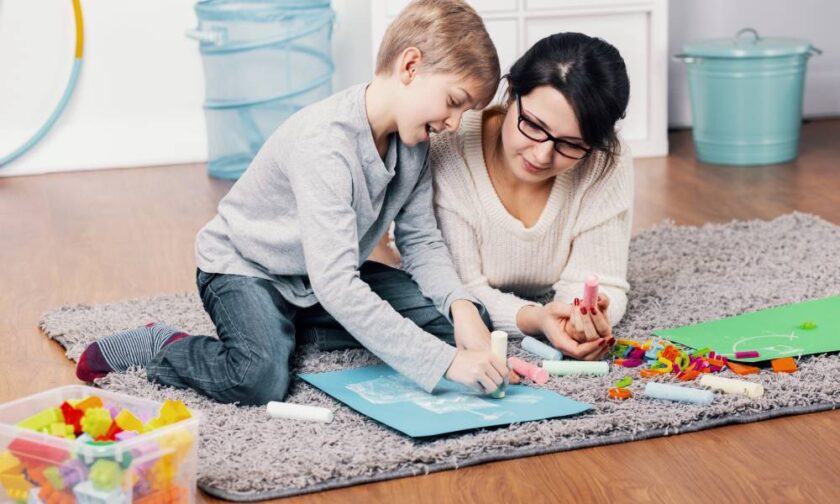Getting adequate sleep each night is essential to our health at any age, but it’s vital for children. Quality sleep is one of many factors that can boost a child’s development. Of course, getting the kids into bed and asleep is often easier said than done since some children naturally struggle with winding down at night. Delve into how you can help your child sleep better each night.
Creating a Bedtime Routine
Consistency regulates our internal clocks, making it easier to fall asleep at night, specifically when we maintain a routine. To create a bedtime routine, set a fixed bedtime and stick to it, even on weekends. The ideal time depends on your child’s age, but generally, preschoolers need about 10 to 12 hours of sleep each night, while older children require nine to 11 hours.
Your child’s bedtime routine should include tasks such as brushing teeth, taking a bath, and getting into pajamas. To help your child relax further, you can add calming activities, such as reading a bedtime story to them or allowing them to read a book themselves. Sticking to the same routine every night is important, as this helps your child’s body and mind prepare for sleep.
Pro Tip
Having a bedtime routine can be especially helpful for children with ADHD or autism. It provides structure and predictability, making it easier for them to wind down.
Limiting Electronics at Night
Setting screen time limits in the evening is another way to help your child sleep better. This is because digital screens emit blue light, and if used at night, they can disrupt our body’s natural sleep cycle by suppressing the production of melatonin. As a result, your child may not feel tired.
Aim to turn off all electronic devices at least an hour before bedtime, including iPads, TVs, computers, and other smart devices. Instead, spend this time doing relaxing activities, such as coloring or reading. This will help your child’s body and mind relax before bedtime, making it easier for them to fall asleep.
Pro Tip
As a parent, you should lead by example and limit your evening screen time. This sets a positive precedent and makes it easier for children to follow suit.
Helping Them Get Cozy
Bedtime routines become easier when we’re comfortable, so ensure your child’s sleep environment is conducive to a good night’s rest. The bed sheets and blankets should be comfortable and suitable for the current weather.
Buying the right pajamas is also important since itchy or constricting clothing can make it harder to fall asleep; children who are sensitive to textures may have an especially difficult time getting cozy. Options such as kids’ bamboo pajamas are gentle on sensitive skin, lightweight, and temperature-regulating. With the right pajamas, your child can cuddle up in bed and fall asleep with ease.
Getting Active in the Day
Encouraging your child to be active during the day can help them burn off excess energy and prepare their body for sleep. Age-appropriate activities, such as playing outside, riding a bike, or participating in a sport, can be both fun and beneficial. While daytime exercise aids sleep, vigorous activities right before bed can disrupt it.
Your child’s sleep is crucial for their overall growth and development, so prioritize good sleep habits. Remember to also be patient and understanding if your child has trouble falling asleep; positive changes will occur with time and consistent efforts.






